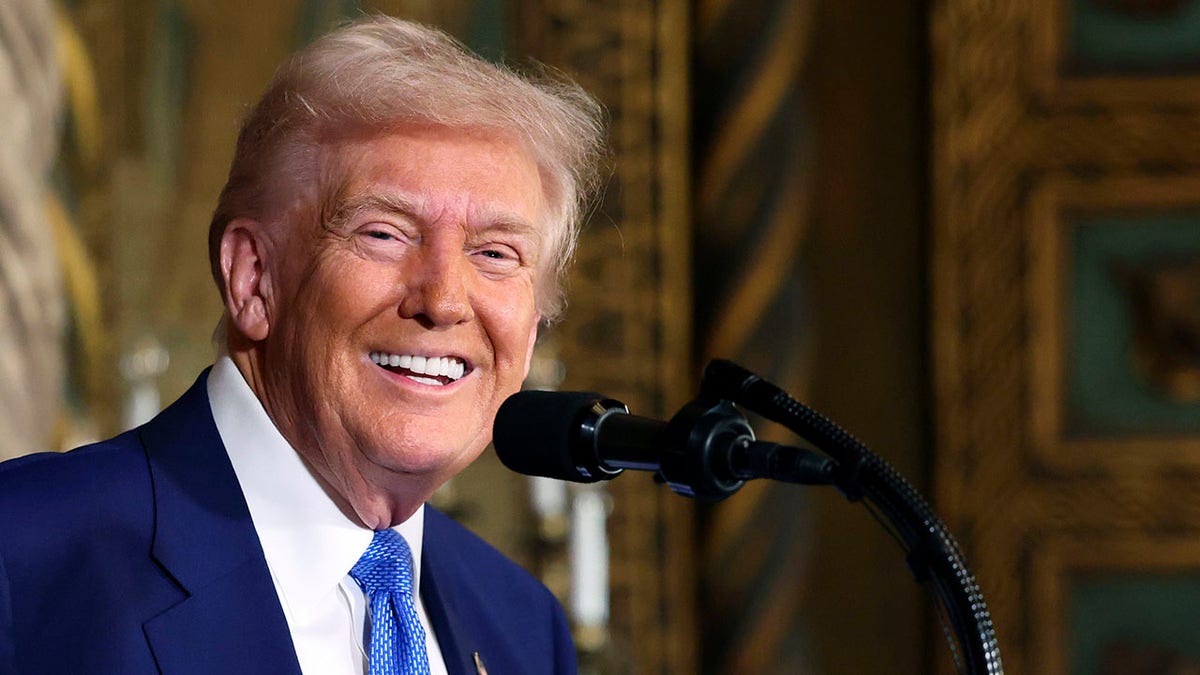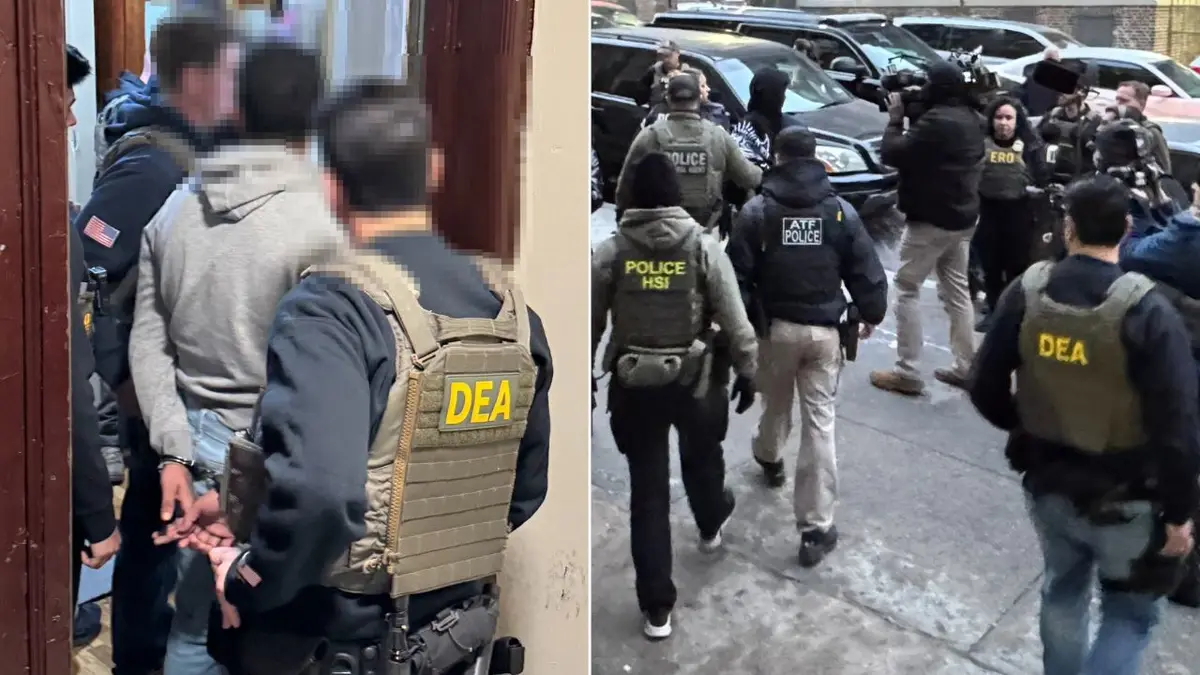In his first month, President Trump has significantly reshaped U.S. immigration policy, reversing Biden-era approaches and intensifying enforcement efforts at the border and within the country. A recent executive order mandates federal agencies to pinpoint and rectify any federally funded programs offering financial benefits to undocumented immigrants. This order aims to prevent federal funds from supporting sanctuary policies or aiding illegal immigration.

From day one, President Trump prioritized border security, issuing executive orders declaring a national emergency at the border and deploying the military. He also moved to end birthright citizenship for children of undocumented immigrants, suspended refugee admissions, and halted the use of the CBP One app for humanitarian parole entries at the southern border. Furthermore, the administration restarted border wall construction, previously halted under the Biden administration.
The Department of Homeland Security (DHS) lifted restrictions on Immigration and Customs Enforcement (ICE) regarding "sensitive" locations and broadened the use of expedited removal. DHS also gained the authority to review the parole status of migrants admitted under the previous administration, potentially subjecting them to deportation. In a recent move, DHS reclaimed tens of millions of dollars allocated to New York City for migrant housing in hotels, and dismissed four FEMA employees involved.
Interior enforcement has seen a significant increase, with numerous high-profile raids, particularly in sanctuary cities. Daily arrests have surpassed 1,000, with officials highlighting the apprehension of criminals and gang members. DHS data reveals a substantial rise in arrests between January 20 and February 8 compared to the same period in 2024: a 137% overall increase, nearly 100% for those with criminal histories, and 156% for fugitive aliens at large.

Several Biden-era programs have been rolled back, including Uniting for Ukraine, parole processes for Cuba, Haiti, Nicaragua, and Venezuela (CHNV), and family reunification programs. The Trump administration has also suspended refugee resettlement and frozen funding to foreign nations, a key component of the previous administration's "root causes" strategy.
Through diplomatic efforts and tariff threats, the Trump administration secured increased cooperation on border security from Canada and Mexico. Agreements were also reached with Venezuela and Colombia for the repatriation of their deported citizens. Guatemala agreed to accept deportees from other nations under a separate agreement with Secretary of State Marco Rubio.

Early indicators suggest a downward trend in border crossings. CBP apprehensions in January were significantly lower than December, reaching a level not seen since May 2020. Border czar Tom Homan reported a single-day total of 229 migrant encounters across the southwest border, a dramatic decrease from the peak of over 11,000 daily encounters under the Biden administration.








